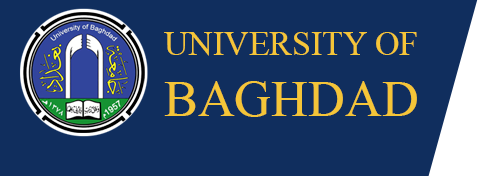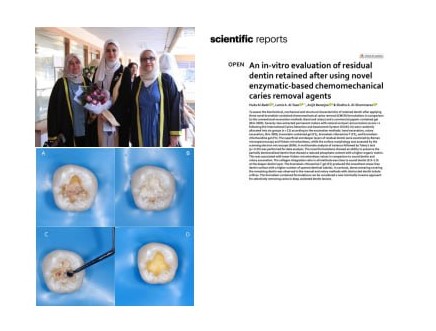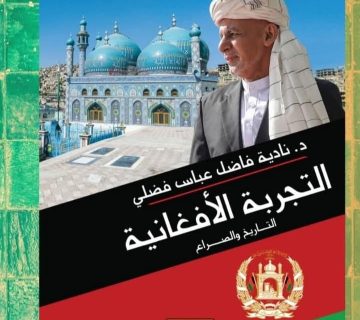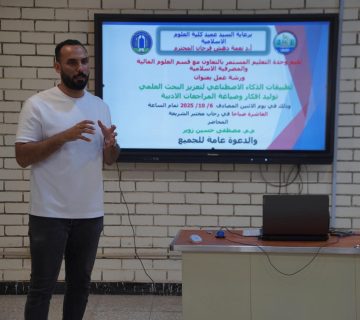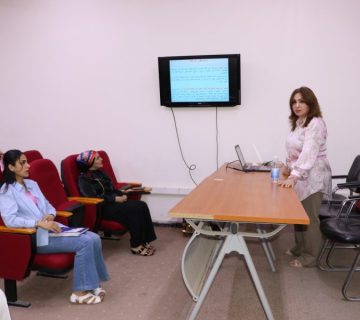The College of Dentistry at the University of Baghdad published the research tagged “In vitro evaluation of residual dentin retained after the use of new chemically retained decay removal materials based on the enzyme bromelain” in the Journal of Scientific Reports in Britain by researchers Assistant Professor Dr. Lamis Abdul Hamid Al-Taie, PhD student Huda Musaed Al-Badri at the College of Dentistry, University of Baghdad, Dental Treatment and Cosmetic Branch, with Prof. Dr. Shatha Abdul Wadood Al-Shammari, College of Science / Department of Chemistry / University of Baghdad, and British Professor (King’s College London) Avijit Banerjee.
The research aimed to evaluate the biochemical, mechanical, and structural properties of retained dentin after applying three new bromelain-containing chemical decay removal formulations (CMCR) compared to conventional drilling methods (manual and rotary) and a commercial gel containing the enzyme papain (Brix 3000).
The research results showed that the new material can preserve partially mineralized dentin, which showed low levels of phosphate and increased organic components, associated with lower values of Vickers hardness values compared to healthy dentin and rotational drilling. The collagen integration ratio in all roads was close to healthy dentin (0.9-1.0). Bromelain-chloramine-T (F2) gel produced smooth dentin surfaces completely free of decay residues with a greater number of open dentin tubes.
